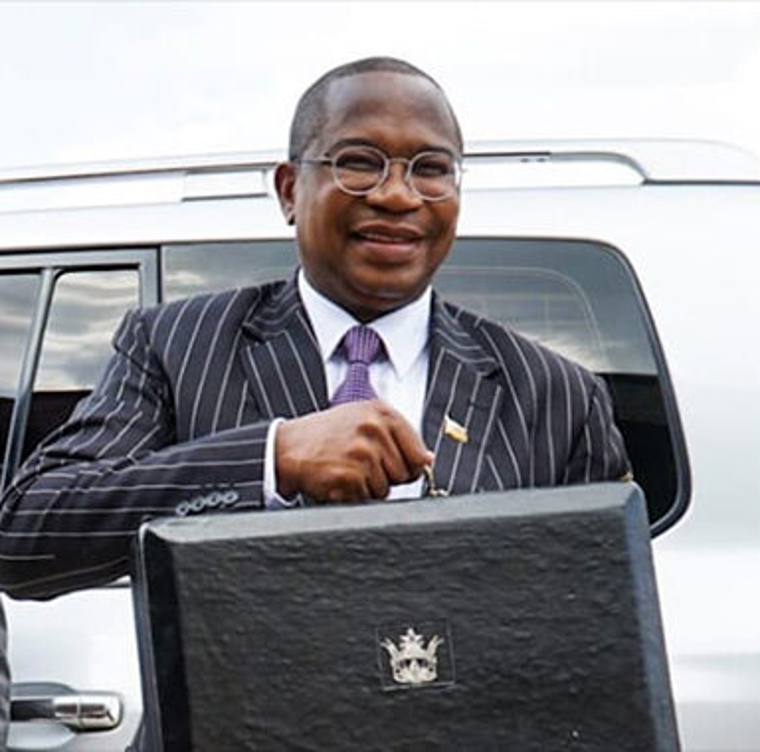Let me put it this way, they can speak to Hon. Chiduwa or Hon. Mayihlome, Hon. Paradza lost but they can still speak to him on how to access the Devolution Fund. There is a trick, it involves you the MP, you should be active, you have to involve the relevant chiefs in your districts, they are very important because the projects have to come from the bottom. Do not forget the CEO of the Rural District Council. The CEO is a very important person who can actually frustrate you. So, you need all these pieces but you as MP drive the agenda. Do not leave anybody behind and you should access those devolution funds having agreed on the projects. I really want to give you some advice on that.
On ZIMRA, I think we have dealt with this one. I have written it on another part of my document here, we have increased the budget for ZIMRA. Then, there were comments about alignment of our budget allocations, for instance for the health budget alignment with the Abuja target of 15% of the budget going towards health. There was also the Dakar target issue regarding the education sector and then the Maputo principles regarding agriculture, that for agriculture 10% of the budget should be focused on agriculture and then 20% of the budget should be focused on the education sector.
Hon. Speaker, I think I can advise the Portfolio Chairpersons to do the following. The budget that matters in allocation is what we call the above the line budget and not the below the line budget. The below the line budget includes interest payment. It is not a productive budget allocation, chikwereti, urikubhadhara chikwereti, is it not? So, what you should do when you calculate the percentage, let us say health has been allocated about 6.5 trillion for example, you must divide that by the 44 trillion and not by the 60 trillion. If you do that – so for health what you will get is a percentage of about 14.3%. So, 14.3 for health is as good as 15%, it is very close.
Then for education sector, you have to do the following. You have to take Primary and Secondary and Higher Education; it is about the sector. Again, you do the same at those two budgets, divide by that 44 trillion, what you get is a percentage of about 23%. It is over 20% over the Dakar target. The same thing applies to agriculture, I can do the same for agriculture. You will get a figure of about 10%. Really, we have actually met all those targets using the methodology that I have just explained. In fact, I was very strict about these allocations Mr. Speaker. I said to my team, we have to meet the target. We were very methodical and that is the methodology we used. So it is above the line budget and not the below the line budget that you use as a denominator.
Let me comment Mr. Speaker Sir, on the issue of urban transportation system. A comment was made that certainly we need more public transport. We commit in this budget to procure another 1 000 buses, over the next two years and the first batch of 250 buses will be expected to be delivered in the first quarter of 2024. We are committed to this. I have emphasised to my Permanent Secretary, Mr. Guvamatanga and the ZUPCO executives that some of these buses need to be green buses, we need some buses that use batteries. We must show that we also need some progress as a nation. We need some green buses; I think they have committed to 50 at least that will run on batteries.
I will now turn to the issue of decentralisation of administrative functions. I also note the request by the Portfolio Committee to decentralise administrative functions of various ministries and MDAs, in particular the Independent Commission. Whilst decentralisation of administrative functions is central to efficient service delivery, that is largely dependent on availability of resources to cater for employment costs operations and attend to infrastructure that includes office space among others. The source requirements, thus significant hence decentralisation cannot be implemented on big approach, this has to be done on a gradual approach. The point is well taken and again overtime, we will make the resources available for these gradual decentralisation.
Continued next page
(141 VIEWS)


